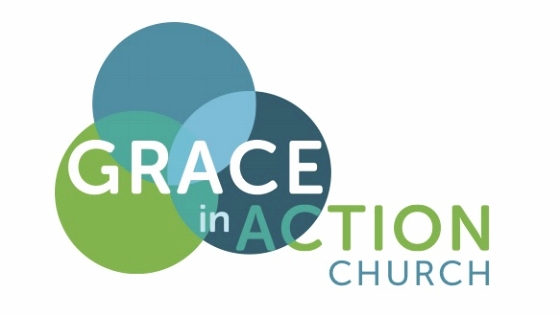Decolonizing Candy Bars - putting the "hallowed" back in "halloween"
Tired feet, a pounding headache from eating too much sugar, and a swell of pride as I looked over a floor covered with hundreds of bright colored wrappers. Those are some of my most vivid memories of Halloween as a child. They are fond memories of times running around the neighborhood with friends. But if you had asked me what the point was of all that running around for candy, I would have shrugged and ripped off another wrapper.
To my surprise, I learned as an adult that Halloween had once never had anything to do with door knocking or sugar rushes. My ancestors of long ago celebrated it as a time when the spirits of family and friends who had died would come back to visit the living, somewhat like the Mexican Day of the Dead. It was an opportunity to recognize the life and wisdom of those who had gone before us, and hear God speak to us through their legacy. How the heck did we go from that to it being the day to worship the holy trinity of Nestle, Hersheys, and Mars?
Mark 13:1-2 - "As he came out of the temple, one of his disciples said to him, ‘Look, Teacher, what large stones and what large buildings!’ Then Jesus asked him, ‘Do you see these great buildings? Not one stone will be left here upon another; all will be thrown down."
Jesus probably didn't eat candy bars, but he would have understood the Halloween dilemma. The temple, the place considered to be most holy and closest to God by the Jews of his time, had been taken over by the Romans and the religious leaders and transformed from a holy sanctuary into a money making machine for Rome and its leaders. The big, beautiful buildings of the temple were sponsored by the Roman governor Herod, who, in exchange for financing its construction, slapped a giant Roman eagle to the front of the Temple.
Jesus, however, was not fooled by the seemingly unbreakable power of the all-mighty dollar. he predicted the complete destruction of the temple, which did take place some 70 years after his death. But, rather than it being an end to the faith that the temple originally stood for, Jesus predicted that the destruction of the temple would be the beginning of God's reign come to earth.
It seems pretty clear that Halloween is at this point not much more than a holiday of the candy corporations. In our neighborhood, Day of the Dead is being encroached on too by those who see the opportunity to make profit off of culture. But Jesus tells us that the roots of culture and faith behind these celebrations are far more lasting than any business interest. candy and costume companies will come and go, but God, and the spirit of those who went before us, remain. How can we listen to that low, ongoing voice of God and our ancestors amidst the loud but short-lived cries of worship to the idol of cash?
